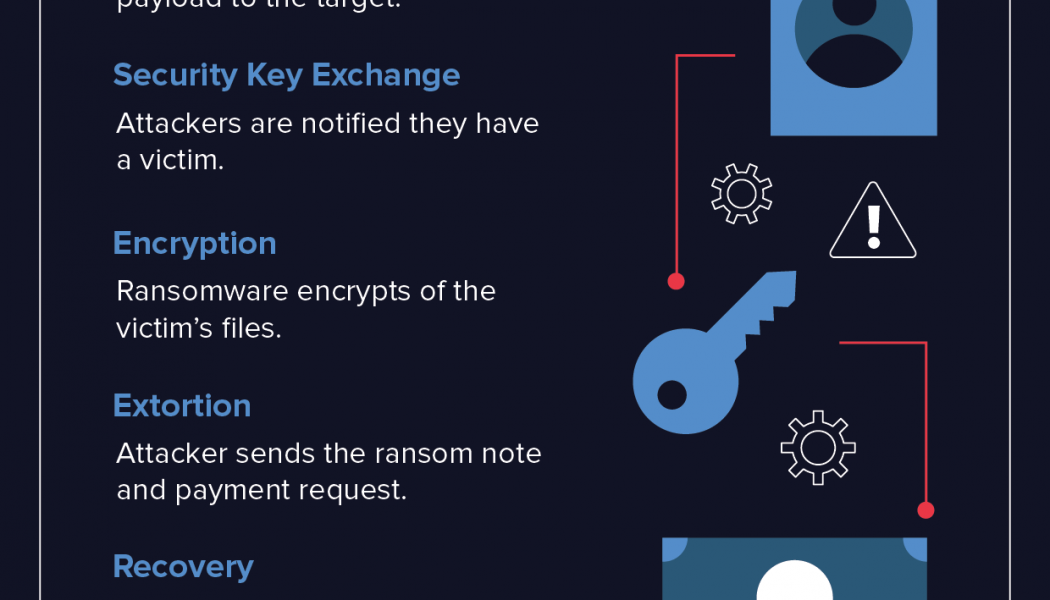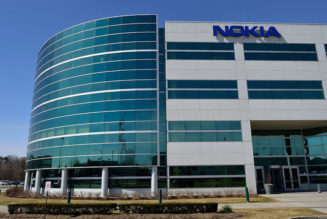Ransomware attack trends continue to evolve, and the current iterations seen during the COVID-19 pandemic are no exception. During this time, malicious actors have attacked healthcare organisations, medical trials, schools, and shipping agencies.
Considering the impact these modern attacks can have on organisations everywhere, no matter the industry, security professionals must always be ready to secure their systems, networks, and software in new ways.
And according to a recent FortiGuard Labs global threat landscape report, ransomware remains a prolific threat that increased in 2020 and became even more disruptive.
Mature cyber hygiene is key
Attackers know that end-users are high-target, high-value assets. Ransomware leverages social engineering attacks, preying on fears as a way to execute malicious code on devices. With this in mind, cyber hygiene must start as a board-level conversation.
Here are six ways to create a strong ransomware mitigation strategy:
- Continuously provide employees with updates on new social engineering attack methodologies so they know what to look out for.
- Establish a zero-trust access (ZTA) strategy that includes segmentation and micro-segmentation.
- Regularly back up data, storing it offline and off-network to ensure rapid recovery.
- Encrypt all data inside the network to prevent exposure.
- Regularly practise response strategies to ensure all responsible parties know what to do in case of an attack, thereby reducing downtime.
- Get serious about cybersecurity training and awareness for employees as well as family and students. The home is the new branch today and a vector into the core network.











